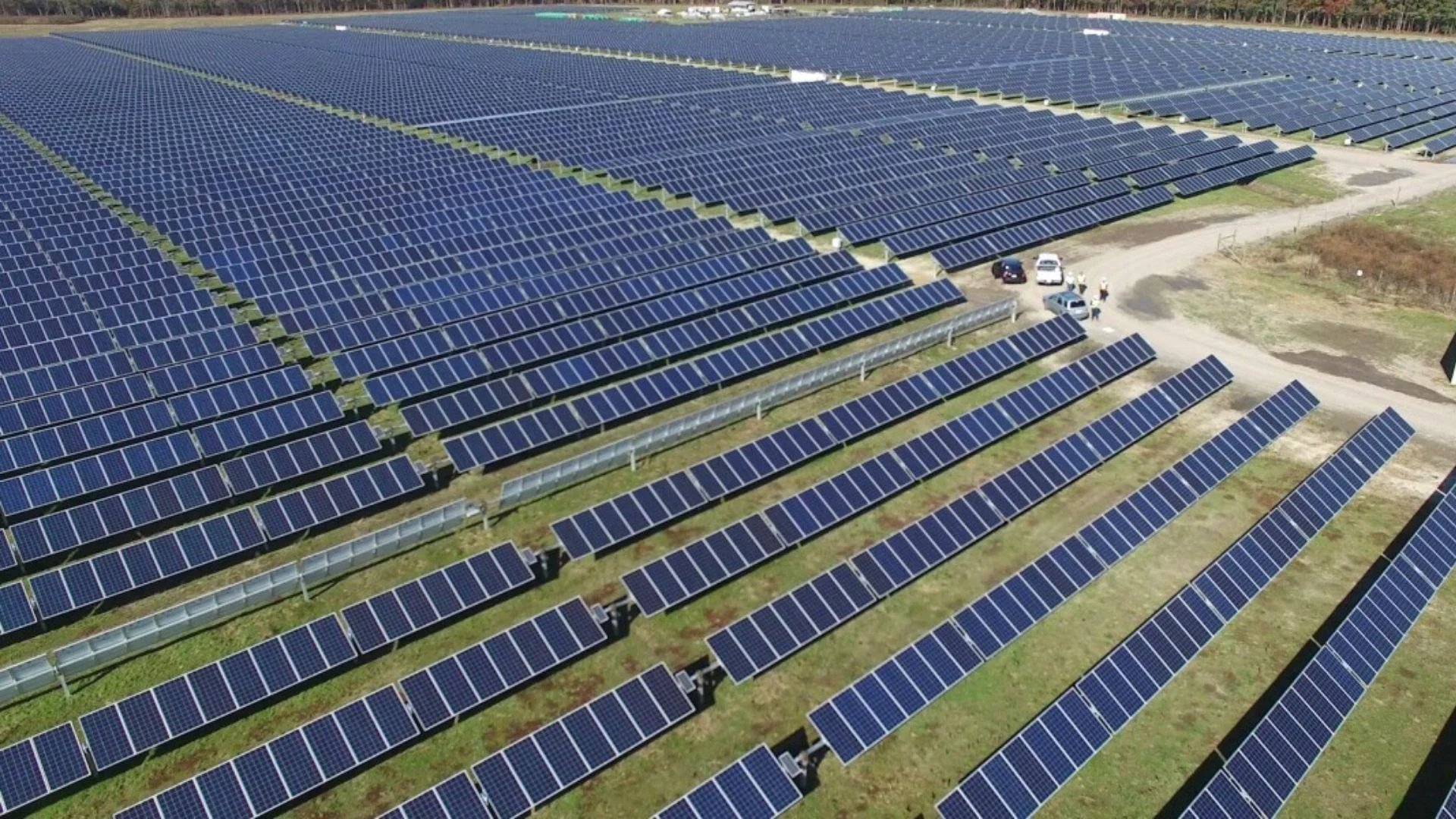Orbital Materials and Amazon Web Services (AWS) have announced a multi-year partnership aimed at developing AI-driven advanced materials and technologies to enhance data center decarbonization and efficiency. The announcement was made public on Amazon’s website on December 2.
According to an AI Tools blog post, during AWS re:Invent 2024, Amazon revealed its collaboration with Orbital Materials, a start-up utilizing artificial intelligence to expedite decarbonization technologies. The partnership focuses on creating tools for carbon removal, chip cooling, and water management in Amazon’s data centers, supporting the company's objective of achieving net-zero emissions by 2040. Orbital's AI platform, Orb AI, has facilitated advancements in material development, such as a molecular sponge that captures carbon dioxide more effectively. Through this agreement, Orbital will also offer its open-source AI model to AWS customers to foster innovation in sustainable technologies like batteries and semiconductors.
CarbonCredits.com reported that AWS had announced the multiyear partnership with Orbital Materials in July. The collaboration aims to enhance the sustainability of AWS data centers by advancing technologies for carbon removal, chip cooling, and water efficiency. Orbital’s AI platform LINUS accelerates research and development of new materials while its Orb model improves testing accuracy and speed.
1PointFive has secured an agreement with Amazon to provide 250,000 metric tons of carbon dioxide removal credits over the next decade. This initiative supports the role of Direct Air Capture (DAC) in achieving climate goals, as said in a 2023 news release. These credits will be produced by 1PointFive's STRATOS plant, a commercial-scale DAC facility under construction in Texas. Once operational, STRATOS is expected to be the world's largest DAC plant with the capacity to capture 500,000 metric tons of CO2 annually.
According to their website, 1PointFive is dedicated to reducing atmospheric carbon dioxide through advanced technologies. Their mission aligns with global efforts to limit temperature rise to 1.5°C by using DAC technology for CO2 removal and underground storage. With a vision of transforming CO2 into a valuable resource, they aim for a sustainable net-zero system through capture, storage, and eventual utilization of carbon. Their flagship project STRATOS demonstrates their commitment to carbon sequestration and climate mitigation efforts.
Amazon's latest Sustainability Report highlights that the company achieved 100% renewable energy usage across its global operations in 2023—seven years ahead of schedule—as part of its broader commitment to The Climate Pledge. Key initiatives include the $1.5 billion Amazon Air Hub partnership with Duke Energy for Kentucky's largest utility-scale rooftop solar array installation providing clean energy for approximately 400 homes and businesses. Additionally, Amazon reduced its carbon footprint by 3%, replaced 95% of plastic air pillows with paper fillers, and invested in emerging climate startups.

